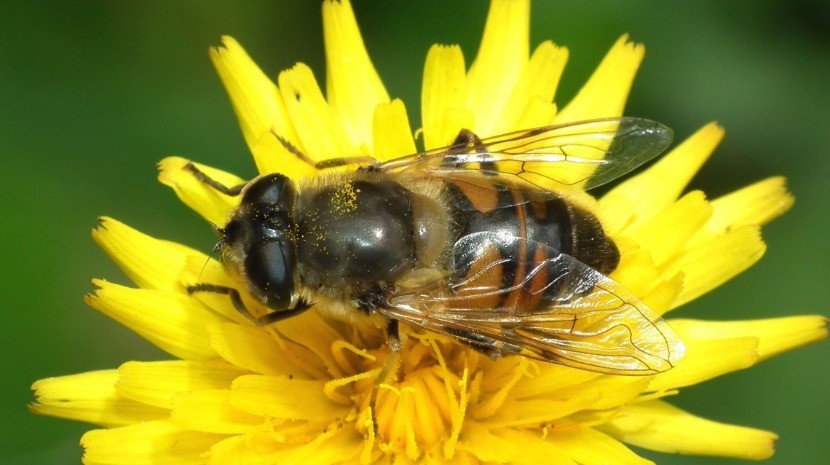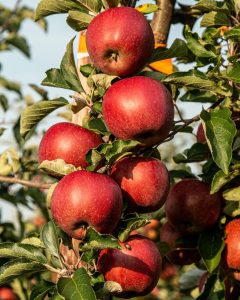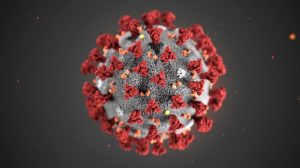The Regional Secretary for Agriculture and Rural Development reacted today to the PAN’s complaints of bee poisoning in Funchal, justifying what it says is an “exceptional situation” and repudiating “vehemently the ill-informed use and radicalisation of this situation made by the PAN Madeira.”
An official statement from the Regional Secretary for Agriculture and Rural Development reads:
“In view of the note sent to the regional media by the PAN Madeira on the 21st of May, which deserved the titles ‘PAN requires ethical and scientific justifications for the death of bees in Madeira’ (Diário de Notícias), ‘PAN denounced bee poisoning in Funchal’ (Funchal Notícias) and ‘PAN Madeira denounces bee poisoning in Funchal’ (Jornal da Madeira), the Regional Secretary for Agriculture and Rural Development, provides the following public clarification:
I – For many years now, the Regional Government services with competences in the area of beekeeping have had a brigade specialised in the capture/control of bee swarms and the eradication of wasp nests, which only acts at the express request of the Civil Protection (with which the Regional Secretary for Agriculture and Rural Development currently has a specific protocol for this purpose), municipalities, police authorities and also citizens who consider themselves threatened.
II – Many species of insects can cause allergic reactions, usually local, however, a bee or wasp sting can be fatal (anaphylaxis). Bee venom ( Apis mellifera), also called apitoxin, is made up of the following allergens: phospholipase A2, hyaluronidase, melittin, acid phosphatase, apamin and peptide 401, while the wasp contains the allergens: phospholipase A1, hyaluronidase, acid phosphatase, antigen 5 (neurotoxin) and quinine. While a bee dies after a sting, a wasp can sting multiple times. According to data provided by the Portuguese Society of Allergology and Clinical Immunology: In Europe, the prevalence of allergy to hymenoptera venom is around 20%. In adults, the prevalence of exuberant local reactions varies from 2 to 19% and of severe systemic reactions from 0.6 to 7.5%. In beekeepers the percentage of generalized reactions is higher, from 15 to 43%. In children, severe reactions are rare, about 0.15 to 0.3%.
III – The presence of swarms of bees or wasp nests in close proximity to human beings constitutes, either because of the possibility of causing stings or because of the panic situations that they can cause and, as such, potentiators of accidents, from the outset, a health and of public security, which requires the quickest and most appropriate action by the authorities with responsibility in the matter. As for bees, the applicable legislation and, in this case, the Regional Legislative Decree no. Autonomous Region of Madeira, requires that apiaries must be located at a certain minimum distance from collective establishments of a public nature, urban centres and population centers (400m),
IV – The action of the specialized brigade in the capture/control of bee swarms and in the eradication of wasp nests, in relation to bees, and whenever possible, is based on their capture and replacement in nature, namely in the apiaries available to the Regional Directorate of Agriculture and Rural Development. As for wasp nests, given the increased danger they represent and the greater technical difficulty in catching them, and the fact that they themselves constitute a natural enemy of bees, they are neutralized with a plant protection product legally authorised and applied in accordance with the rules established for it, ensuring that the entire process is carried out without risk to people, other animals and the environment.
V – The natural swarming of bees usually takes place in the period of April/May, and it is at this time that there are more situations of denunciation of their presence in human clusters and, consequently, the increase in calls for intervention.
VI – In the case referred to in the Madeira PAN, the swarm of bees in question was present in a location where its removal, under the appropriate safety conditions for the elements in charge of the operation, was technically impossible, a situation that forced the its neutralization, an exceptional situation provided for in the respective action procedure and carried out in accordance with the conditions referred to in point IV. Fortunately, this is a very infrequent situation and, for example, in 2021, of the 57 interventions requested from the brigade of the Regional Directorate of Agriculture and Rural Development, with regard to swarms of bees, only 6 had to be neutralized by are in inaccessible places and which, remaining in place, would constitute a threat to the safety and well-being of the surrounding population.
VII – The Regional Secretariat for Agriculture and Rural Development strives to fully and deeply respect animal life and well-being, reaffirming the invaluable role of beekeeping for the sustainability of agriculture in RAM, as a factor for pollination of crops but, at the same time, and for the productions it provides, an economic activity to consider, all the more attentive to the specificities of the local flora, in particular that which is endemic to it.
VIII – The Regional Secretariat for Agriculture and Rural Development thus vehemently repudiates the ill-informed use and radicalisation of this situation carried out by the Madeira PAN, misrepresenting reality and not contributing to the clarification and recognition of the population for the harmonization of the fundamental role of bees as well as the fundamental role of human activity, whether it takes place in urban or rural areas.”
For those interested the original PAN statement can be accessed at: https://www.jm-madeira.pt/regiao/ver/172967/PAN_Madeira_denuncia_envenenamento_de_abelhas_no_Funchal
Samantha Gannon
info at madeira-weekly.com









